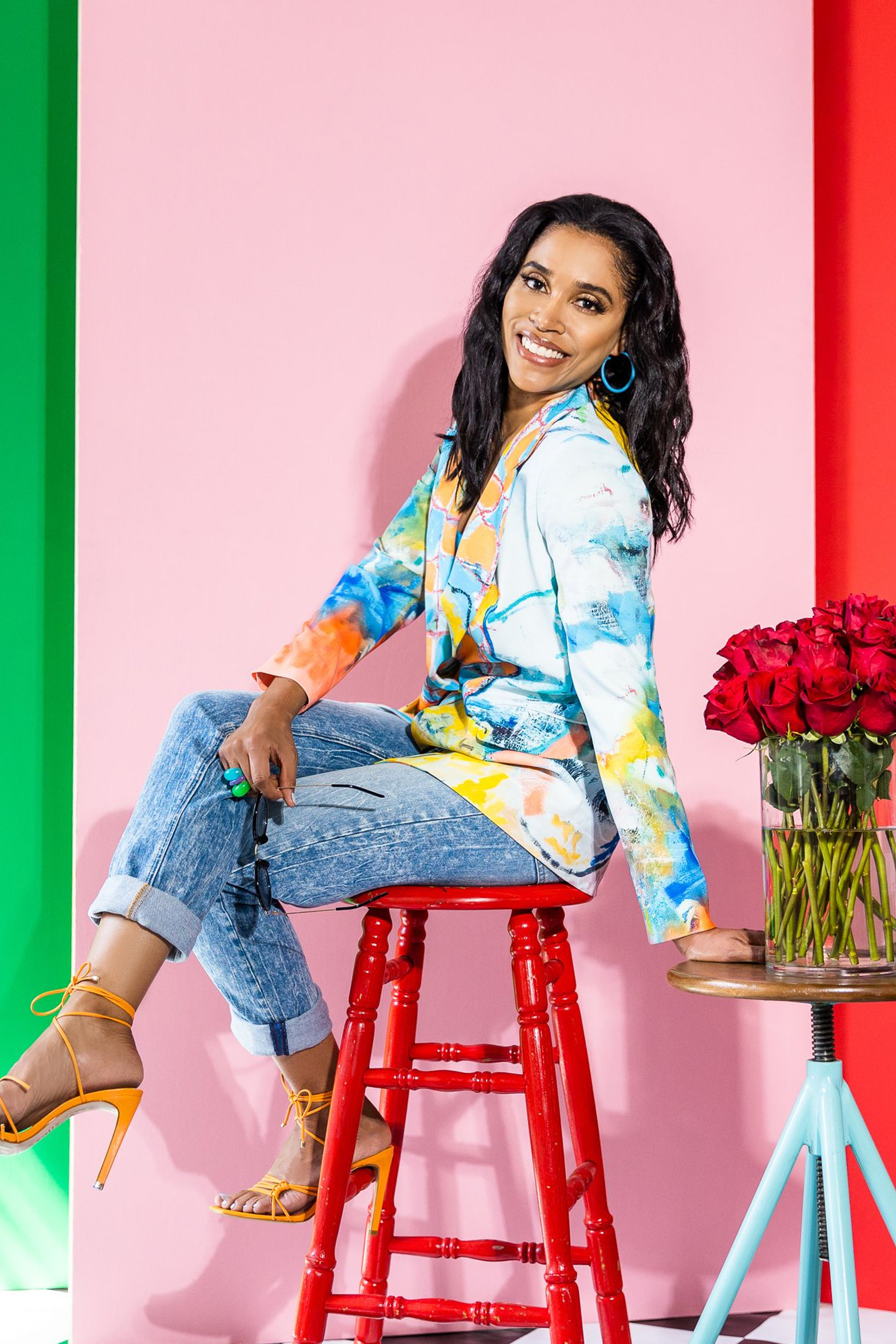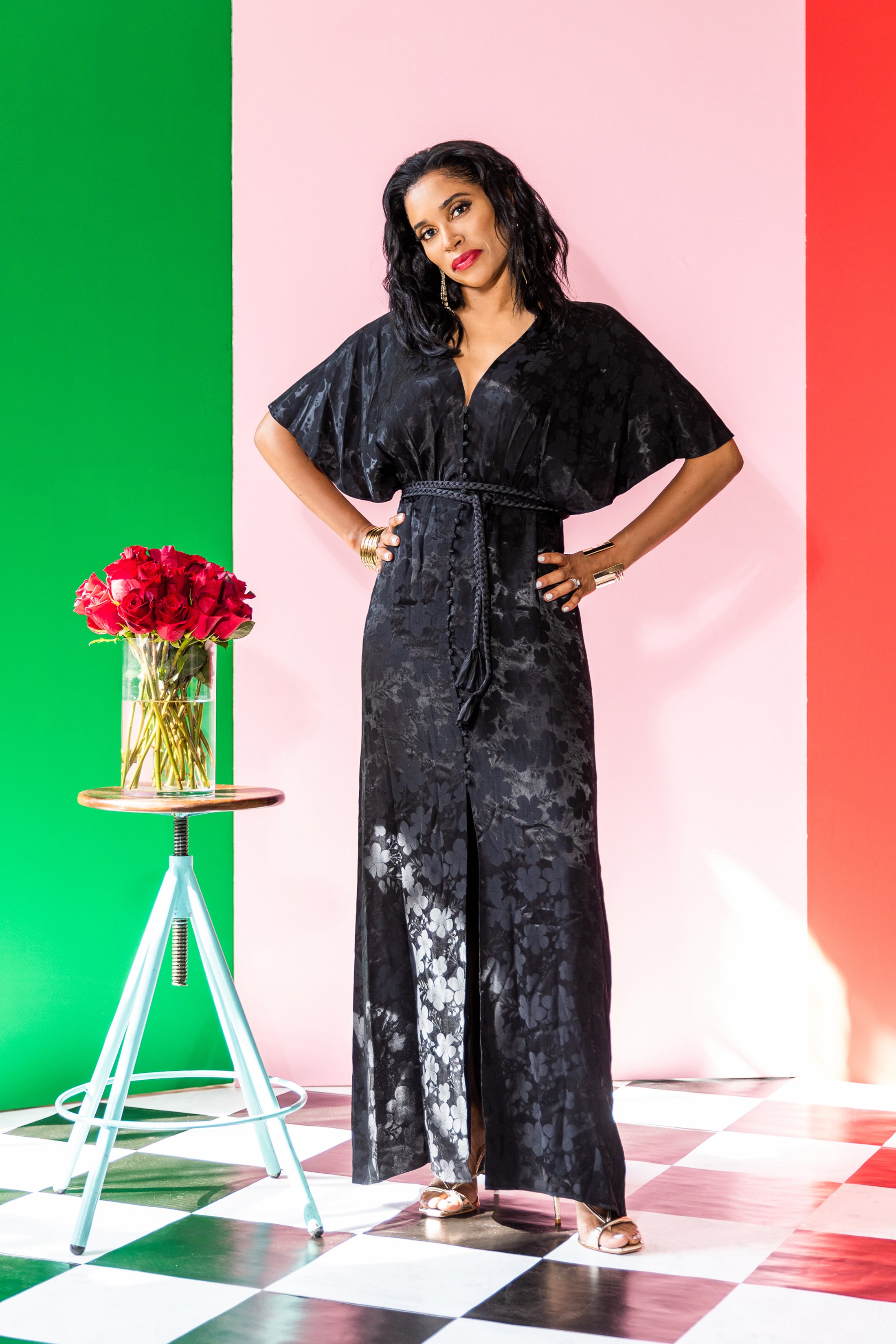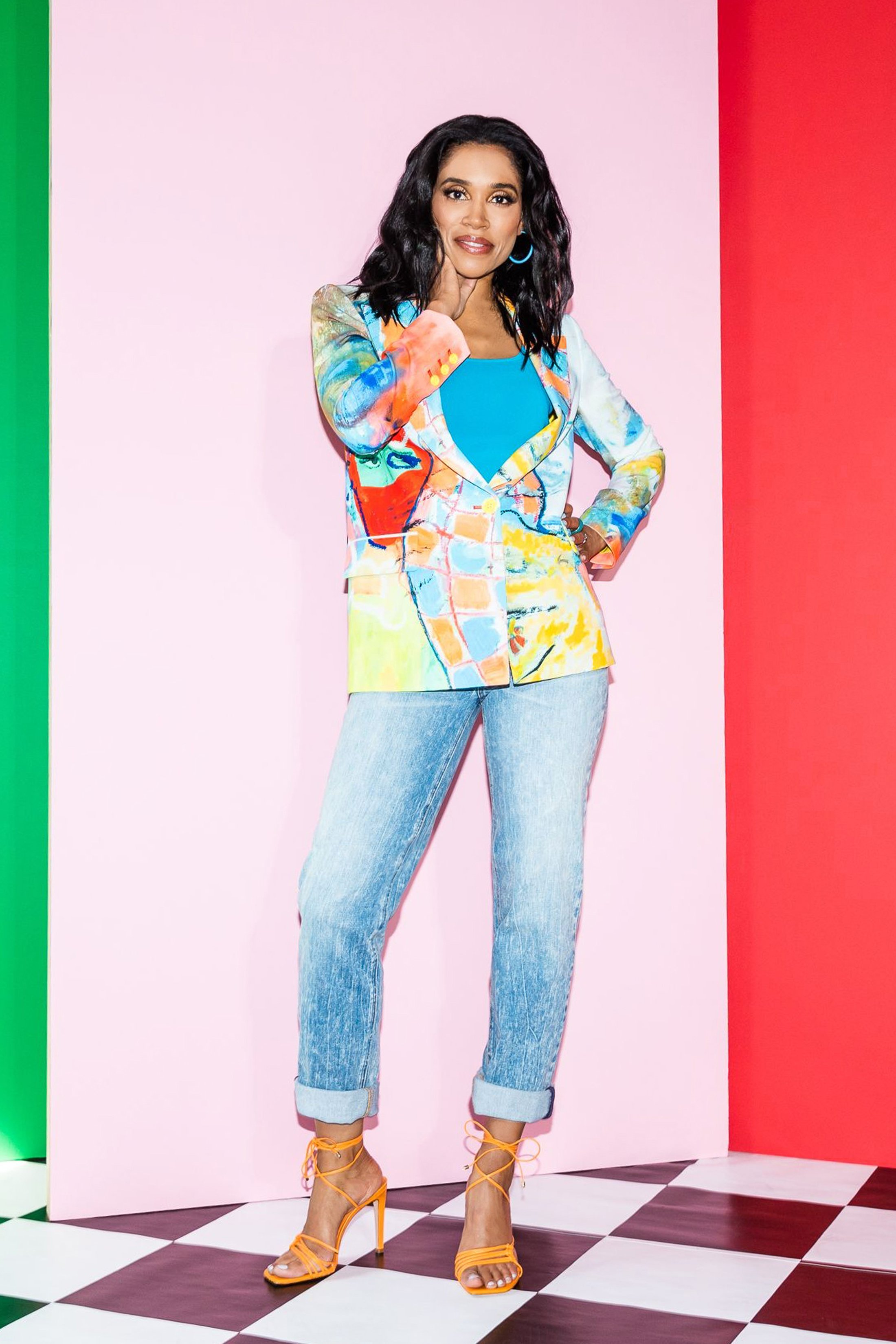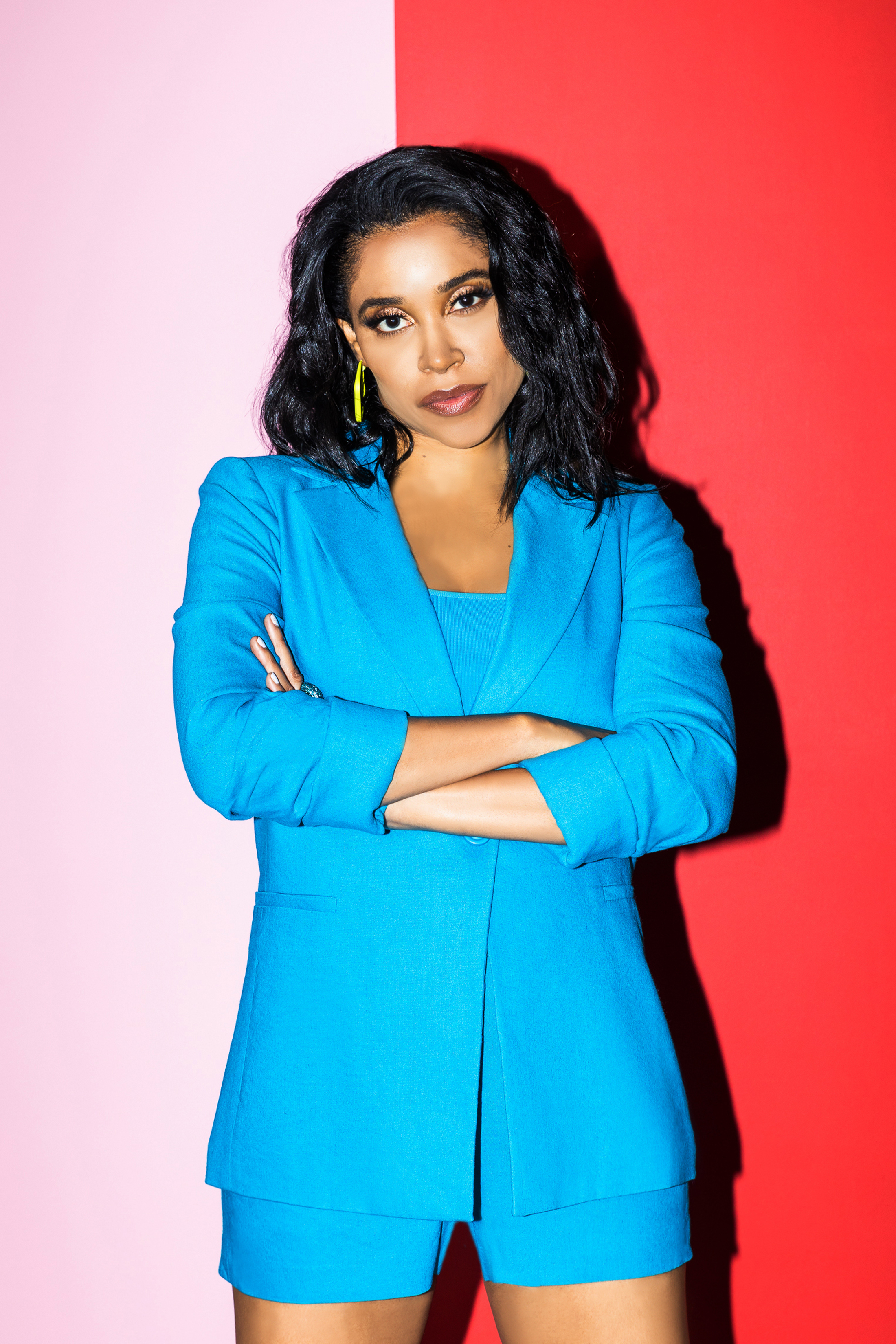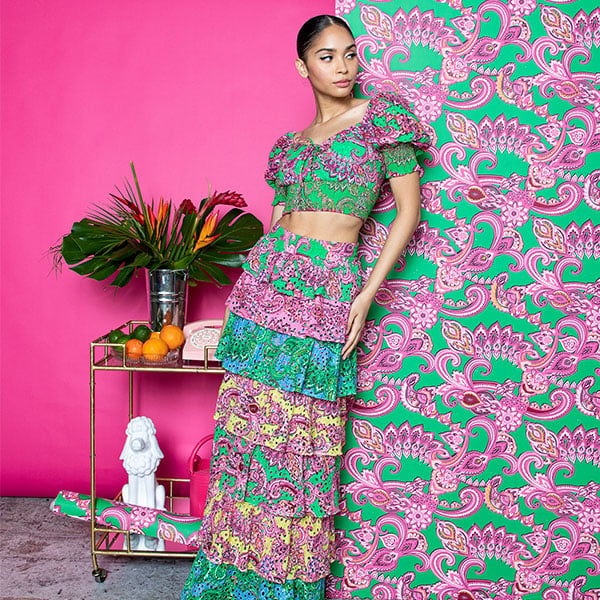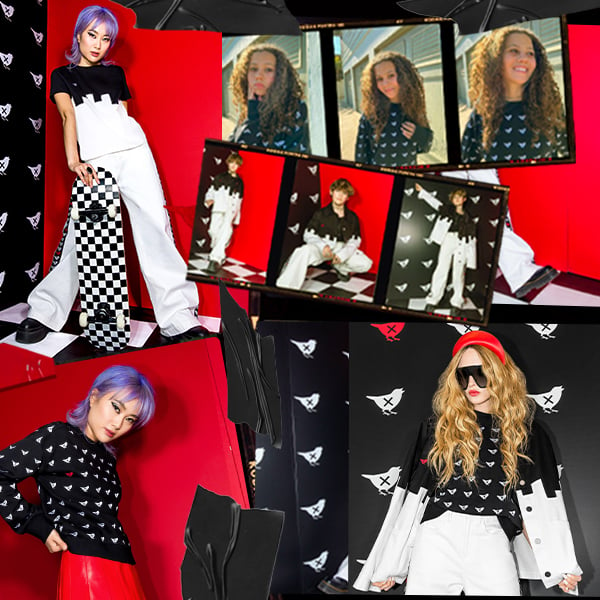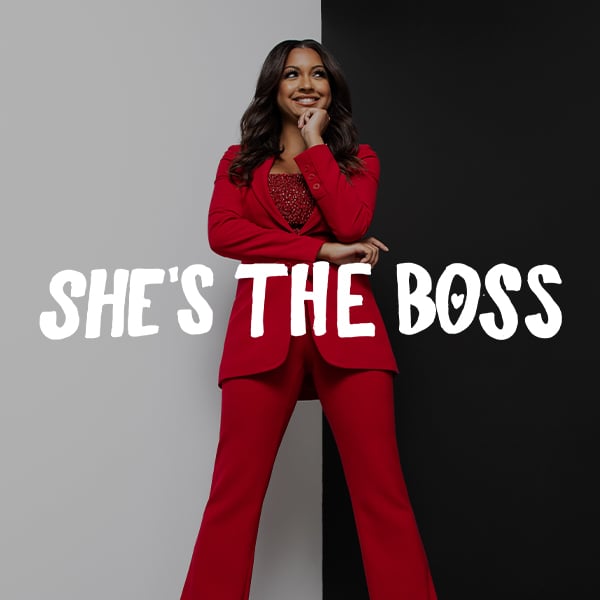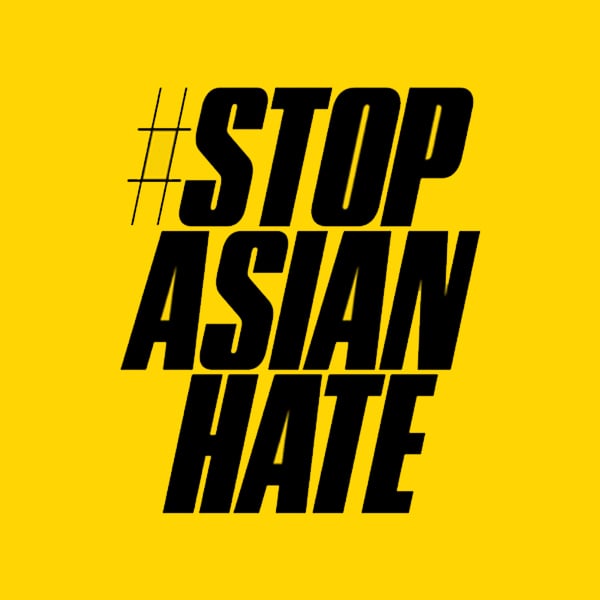Tell us about being a leader in a predominately male industry.
Being a leader in a male-dominated industry, what is that like? Well, it's the only thing I know, so it might be hard for me to describe because it is my life. I like to say to people: you can't see your nose on your face because it's always been there. I guess what I would say is, so often when you're in a male-dominated environment or an environment where people just aren't like you on any number of dimensions, the role models you see, the advice and counsel you're given, the way that people interpret things that are happening to you, is all in the lens of the dominant group. I remember for a long time I felt lost, people said, be less emotional, speak different, don't cry, be less feminine. Once I had this leadership test given to me and it basically mapped out my personality characteristics versus a person who was a successful woman in the company and a successful man in the company. And what I found out was that, apparently, I just acted too male and that was holding me back in my career, and if I was just nicer and I smiled more, they said that I would be more likely to get promoted. So then I started being nicer and smiling more and I got promoted. I don't know how I feel about that now honestly, but at least I knew what I was dealing with. But then at some point I realized that people were always telling me that I had to be something different and that was holding me back. The trick was to not try to be like anybody else, but to own who you are. Because if you can own you are, you are going to own your power, what makes you unique. If you can walk inside of your body and see it as something that is amazing, then it gets a lot easier. That’s the tax of trying to twist or mold yourself into some type of form that isn't actually you. It will have so many tiny, invisible impacts on your ability to show up or perform or get the numbers or really be involved in the conversation, be'cause in the back of your head you're wondering: “Is my voice too high?” “Am I being too emotional?” And then that takes away from you. But once you can truly be yourself, it's different. But it's not that easy, because then you also have to find an environment that's willing to accept you for yourself and that's the number one thing. An environment could be male dominated, but is it inclusive? Does it actually value you for who you are or dominate across any number of attributes? And I think for every woman, but frankly every person, that's what you're looking for.
How has the field changed over the years?
The tech industry has changed so much in the last 20 years since I started. I think the biggest part of it is that the tech industry isn't really an industry. It's actually an implementation detail. Tech is in everything — and with that realization, the responsibility, but also the need, to build technology for everyone has gone up enormously. You can't make a piece of technology and have it be effective, and truly global and inclusive, and not have it take into account all the people in the world. That also means that you can't build a team that can be successful in that environment if it isn't representative of all of the people of the world. There are so many examples of technology that was built without that in mind. Like early versions of smart speakers that couldn't hear female voices. There was an example the other day where a self-driving car ran into someone who was in a wheelchair backing down a ramp. That's because they hadn't programmed the car to recognize that something backing down a ramp was a person, only frontways. So I think that the biggest change in the industry is that the obligation has gone up, and the need to create diverse teams to deliver those experiences that are endemic to everything we do every single day, has also gone up.
At this past Visionary Awards (Congratulations, by the way!) you mentioned a relationship between gameplay and empathy. Can you tell us more about this and the foresight you have for the future of gameplay?
One of the things that I think people don't realize is that gaming isn't just a game. People sort of think it's frivolous because it's fun. But it actually has this unique power to break down barriers and create connection that no other media form can. And there are a couple reasons for that. One is that gaming is the only media form where you can connect with someone who you've never met, you don't speak their language, they could be on the other side of the world. You don't know what they look like and you can actually achieve something. Not just experience something, but do something together. The second reason is that through the experience of being a character in a game, you can mimic walking in someone else's shoes. There's this incredible game that Xbox Game Studios released last year called Tell Me Why. The game is about siblings who have been separated for over a decade because there was a traumatic event in their family. One of the siblings is a trans male. And when you hear people talk about playing this game, they talk about how the experience of playing that character — of going through the memories that he replays in the game, the conversations that he has with his sister and with others — helped them to develop a new level of empathy and understanding that they might never have otherwise had. So gaming is uniquely powerful in that way, it’s not the same as lived experience, but it helps. People sometimes ask, “Why do you do this? Why the gaming industry? How did you get there?” I look at them and say, look — 70 percent of people under 25 would rather play a game than watch a movie, listen to music, or engage in any other form of media. What are they playing? Who is creating the things that they're playing? Because if it has that power, I want to make sure that it is fully representative of the voices and the stories of the people of planet Earth and not just one group or another.
What advice would you give to a young Sarah Bond?
Let's see. What would I tell young Sarah Bond? Well, the first thing is, forgive yourself. Love yourself. It's gonna work out. There are no mistakes — there are only things that happen that you can choose to learn from. And the second thing I would tell young Sarah Bond is, own your power.
